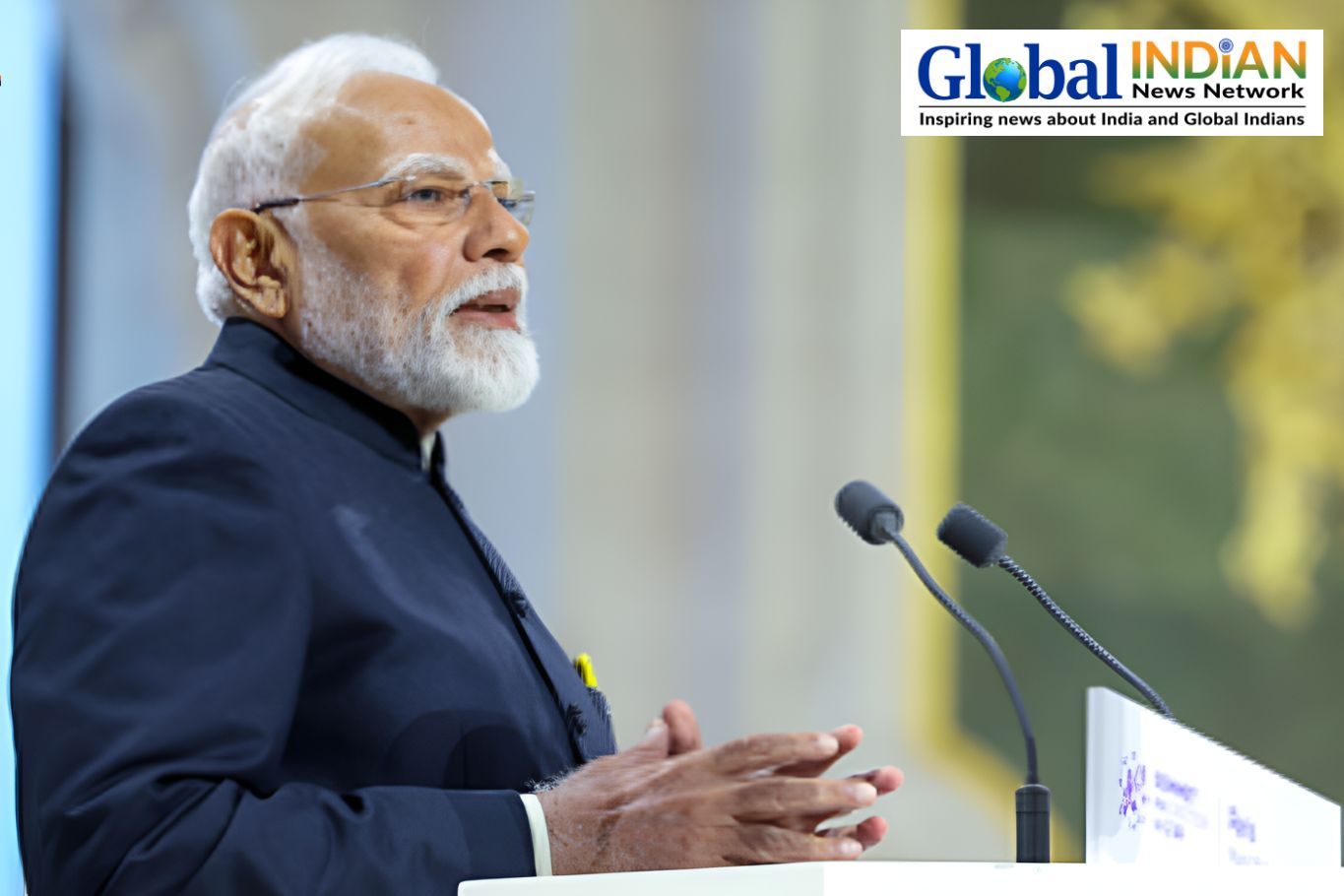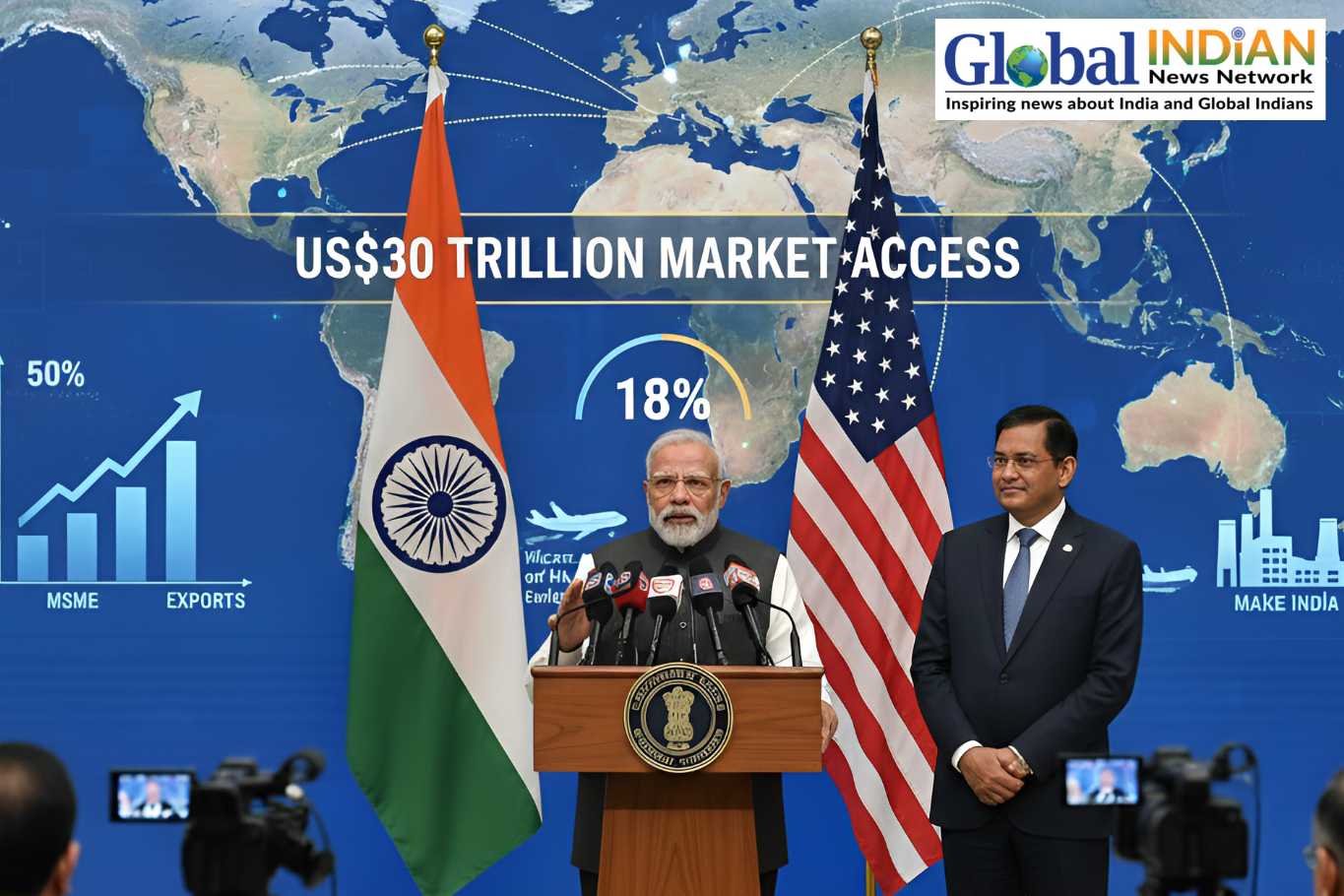![]()
India is set to manufacture its first homegrown semiconductor chip by 2025, marking a key milestone in the country’s technological progress. Announcing this at the Global Investors Summit 2025 in Bhopal, Union Minister of Electronics and Information Technology Ashwini Vaishnaw highlighted the rapid growth of electronic manufacturing in Madhya Pradesh under Prime Minister Narendra Modi’s leadership. The state now has two government-approved clusters in Bhopal and Jabalpur, with 85 companies actively contributing to the sector’s expansion.
As part of India’s push to strengthen its electronics ecosystem, the government has launched workforce development initiatives, including the Future Skills Programme, which aims to train 20,000 engineers in Madhya Pradesh. Over the past decade, the country’s electronics industry has seen exponential growth, reaching a valuation of $114.43 billion. Exports have surged to $28.61 billion, with mobile phone shipments alone accounting for $45.77 billion. Other key segments include laptops, servers, and telecom equipment worth $8.58 billion, alongside defense and medical electronics.
To further boost semiconductor manufacturing, five production units are currently under construction, while a national training initiative is set to upskill 85,000 engineers in semiconductor and advanced electronics production. Vaishnaw credited Modi’s leadership for India’s emergence as a global electronics hub, citing new investments in Madhya Pradesh’s infrastructure, including renewable energy projects developed in collaboration with Indian Railways.
The government’s long-term vision, Viksit Bharat 2047, focuses on four core priorities: infrastructure investment, inclusive economic growth, manufacturing expansion, and simplifying regulations. These initiatives are designed to strengthen India’s standing in global technology and position the country as a major player in semiconductor production.









